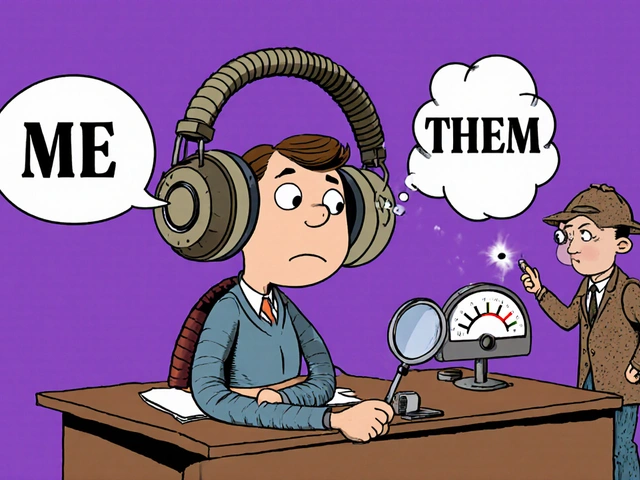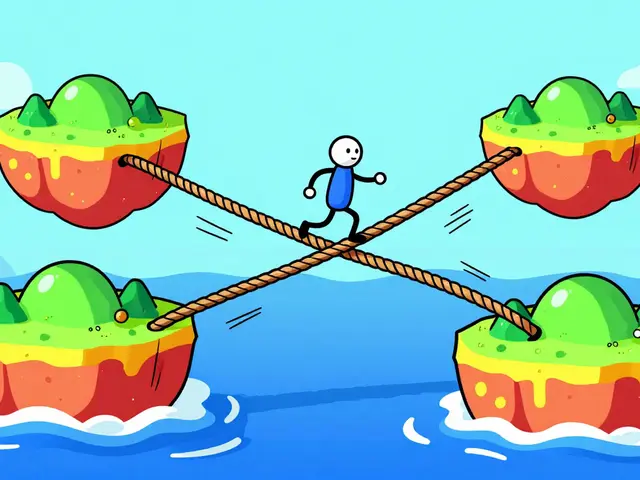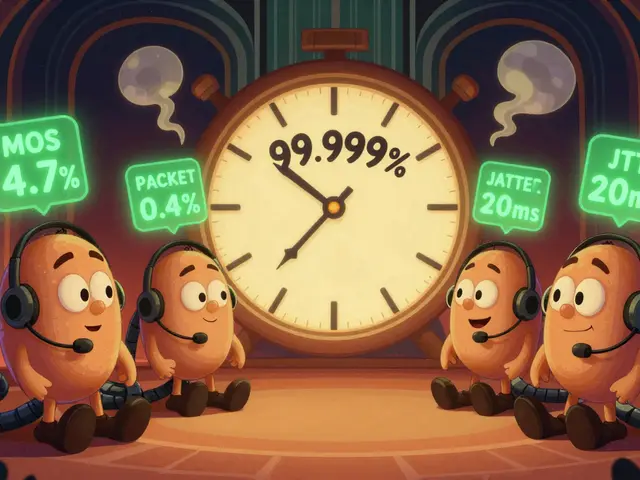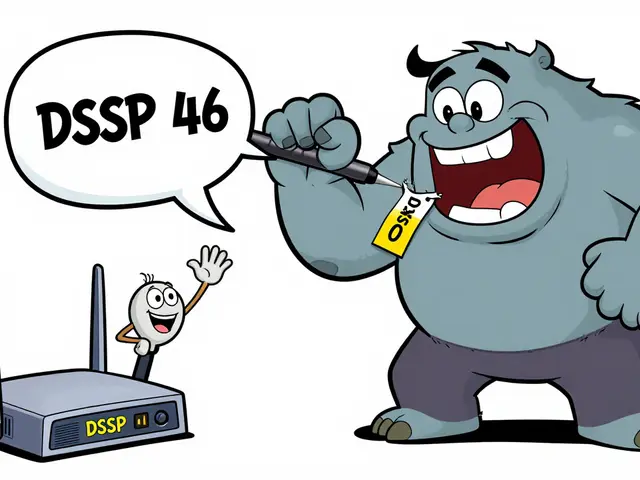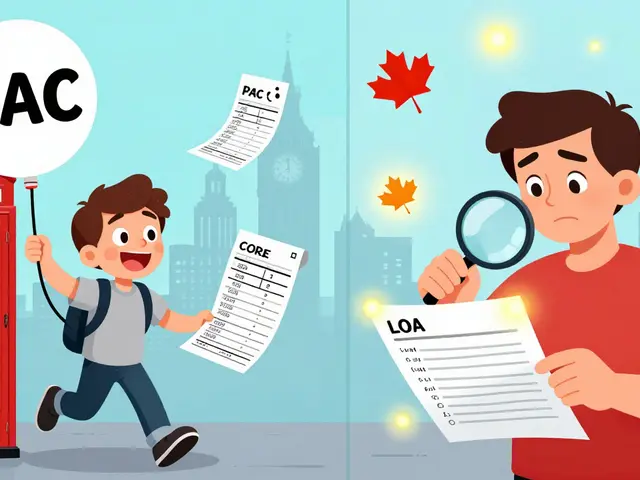Call Storage Regulations: What You Need to Know About VoIP Call Recording Laws
When you record a call using VoIP, you’re not just saving audio—you’re storing personal data, and that comes with legal responsibility. Call storage regulations, legal rules that govern how voice data is recorded, stored, and protected across different countries and industries. Also known as call recording compliance, these rules apply to businesses, call centers, pharmacies, and even remote workers using VoIP systems. If you’re using VoIP for customer service, healthcare, or international calls, ignoring these rules can lead to fines, lawsuits, or lost trust.
These regulations don’t just cover who can record a call—they also dictate how long you can keep it, where you can store it, and who gets access. For example, HIPAA compliant VoIP, systems designed to meet U.S. healthcare privacy standards for patient conversations require encryption, access logs, and retention limits that match medical record laws. In the EU, GDPR call data, the strict data protection rules governing personal information, including voice recordings, in European countries forces companies to get clear consent before recording and delete data on request. Even in places without specific laws, courts often treat VoIP calls like written communications—meaning they can be subpoenaed, and you’re legally responsible for how you handle them.
Many businesses assume that because their VoIP provider stores call logs, they’re covered. That’s not true. Providers may keep metadata—like call time, duration, and numbers—but the actual audio files? Those are your responsibility. If you’re using a softphone app, a cloud PBX, or even Teams with call recording enabled, you need to know where the files live, who can access them, and how long they’re kept. Some systems automatically delete recordings after 30 days. Others let you keep them forever. Neither option is safe unless you align it with the law.
It’s not just about avoiding penalties. Clear call storage policies improve customer trust. People are more likely to speak openly if they know their conversation is handled responsibly. And if you’re scaling a call center or expanding internationally, inconsistent storage practices become a nightmare. One country requires two-party consent. Another bans recording entirely unless it’s for security. You can’t guess your way through this.
The posts below break down real-world examples: how pharmacies stay compliant with HIPAA, why SIP trunk setups affect call logging, how VoIP APIs handle recording retention, and what happens when you mix cloud systems with local laws. You’ll find practical fixes for misconfigured storage, tools that auto-delete recordings after the legal window, and how to audit your current setup before it’s too late. No theory. No fluff. Just what you need to keep your calls legal, secure, and smooth.
Understand call recording compliance, secure storage, and legal playback in 2025. Learn state laws, encryption rules, retention periods, and AI risks for VoIP systems.


